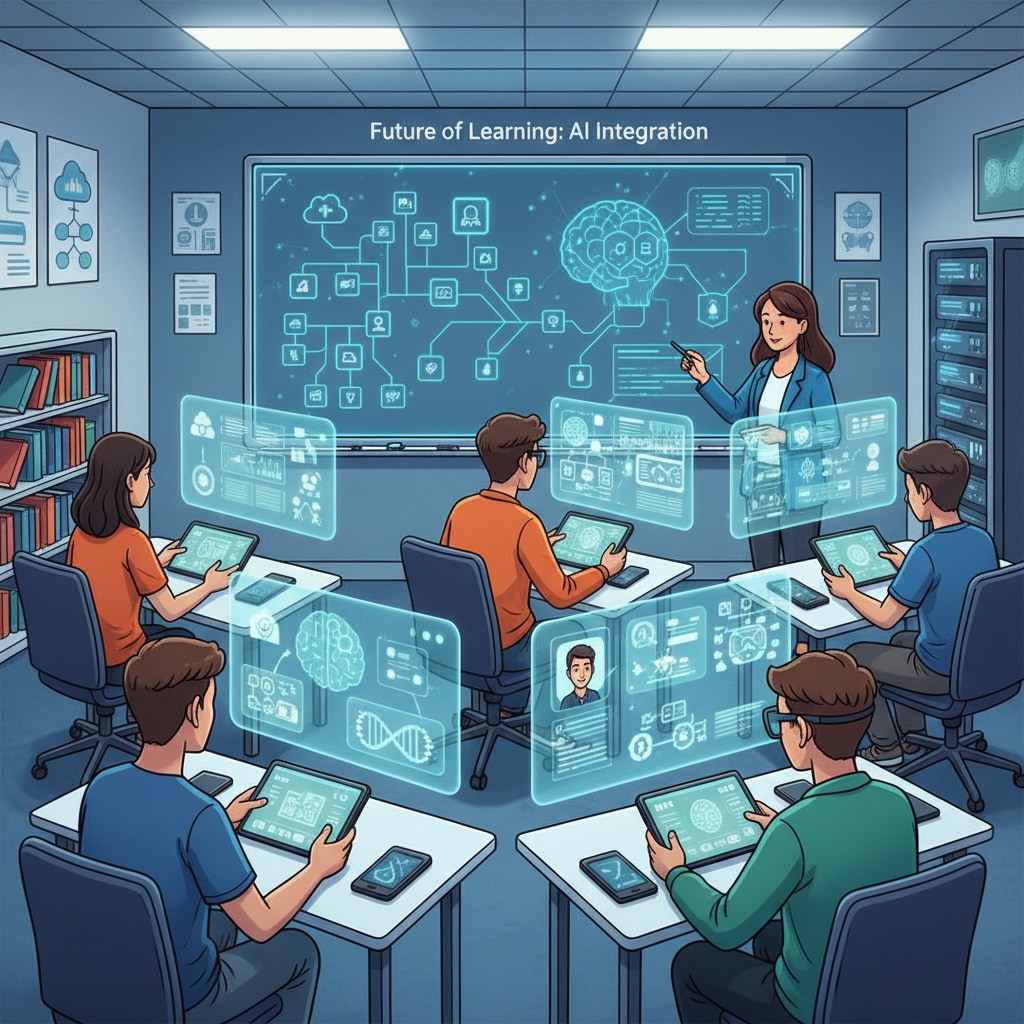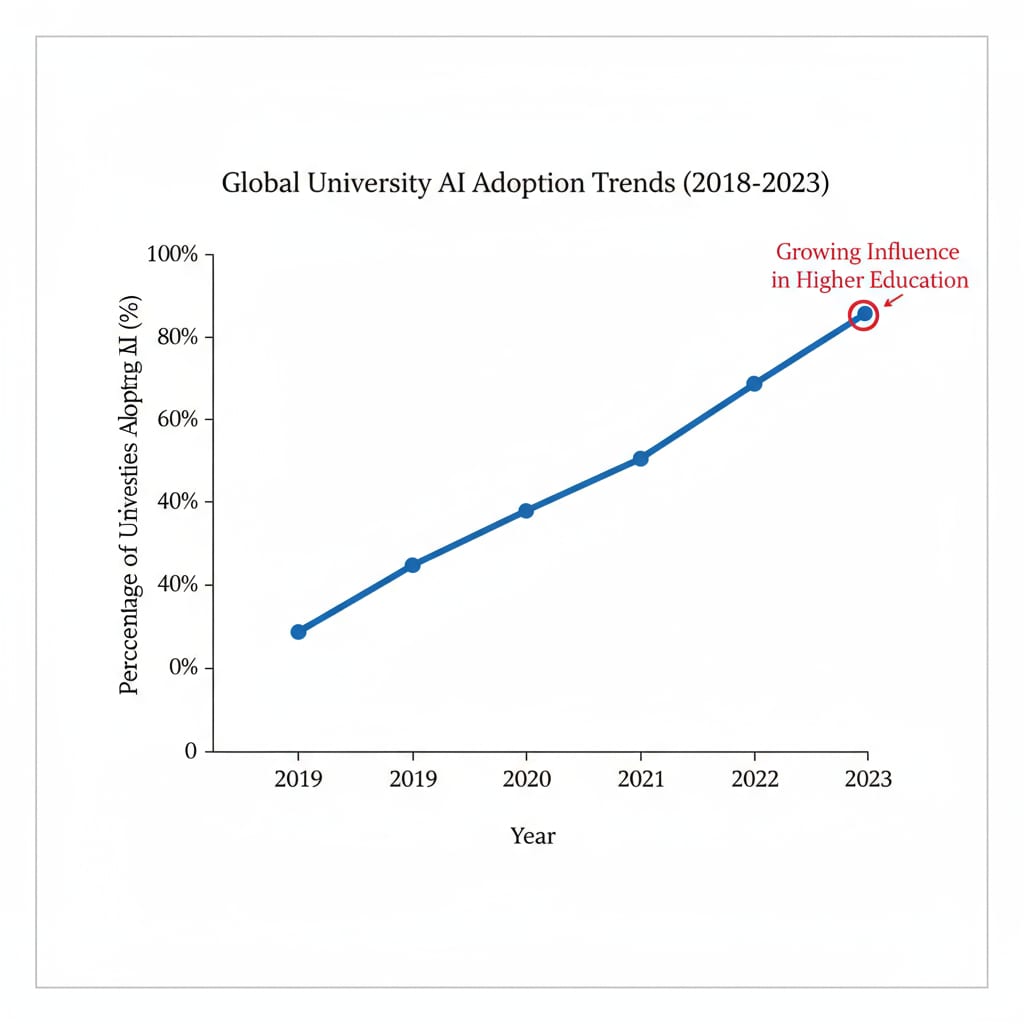Artificial intelligence, higher education, and automation are at the forefront of a significant transformation in the field of education. The rapid advancement of AI is revolutionizing the way universities operate and deliver education. As technology continues to evolve, it is crucial to understand the implications of these developments on the higher education system.

The AI Revolution in Higher Education
The integration of artificial intelligence into higher education is bringing about a wave of changes. AI-powered tools are being used for various purposes, from personalized learning experiences to administrative tasks. For example, intelligent tutoring systems can adapt to individual students’ learning paces and styles, providing targeted instruction. This not only enhances the learning process but also allows educators to focus on more complex aspects of teaching. In addition, automation in administrative tasks such as grading and scheduling is streamlining university operations, freeing up time for faculty and staff to engage in more meaningful activities.

Challenges Posed by AI and Automation
However, the rise of artificial intelligence and automation in higher education also presents several challenges. One major concern is the potential displacement of certain jobs. As administrative tasks become automated, some positions may be phased out. Moreover, ensuring that students have access to the necessary technology and digital skills to fully benefit from AI-driven education is a significant hurdle. There is also the issue of maintaining the quality and integrity of education in the face of technological advancements. Universities need to find ways to balance the use of AI with traditional teaching methods to ensure a well-rounded education for students. Artificial intelligence in education on Wikipedia
Another challenge is the ethical implications of AI in higher education. For instance, issues related to data privacy and bias in AI algorithms need to be addressed. Ensuring that AI systems are fair and unbiased in their assessment and instruction is crucial to avoid disadvantaging certain groups of students.
Despite these challenges, the opportunities presented by artificial intelligence and automation in higher education are immense. AI can provide access to education for a wider range of students, breaking down geographical and financial barriers. It can also enable universities to offer more diverse and innovative courses, preparing students for the jobs of the future. Technology in education on Britannica
Readability guidance: The article uses short paragraphs to convey information clearly. Each H2 section provides key points related to the impact of AI and automation in higher education. Transition words like “however,” “moreover,” and “in addition” are used to connect ideas smoothly. The focus is on presenting the challenges and opportunities in a balanced manner, with a call to action for universities to adapt and thrive in the era of AI and automation.


